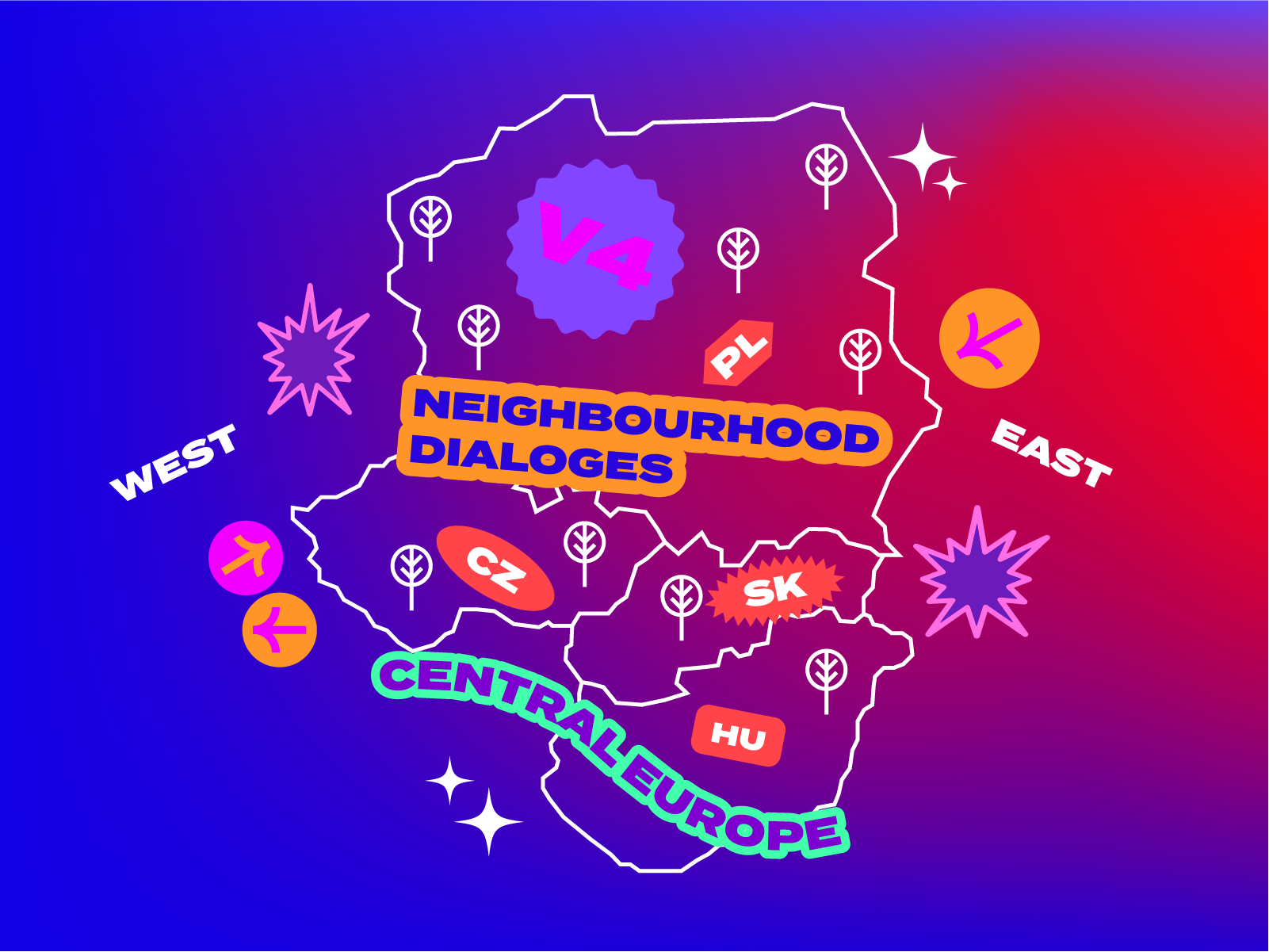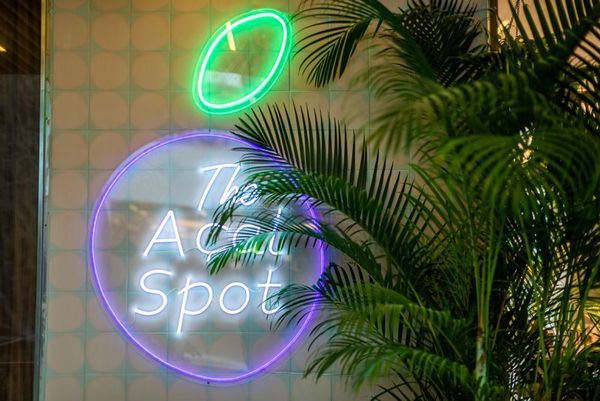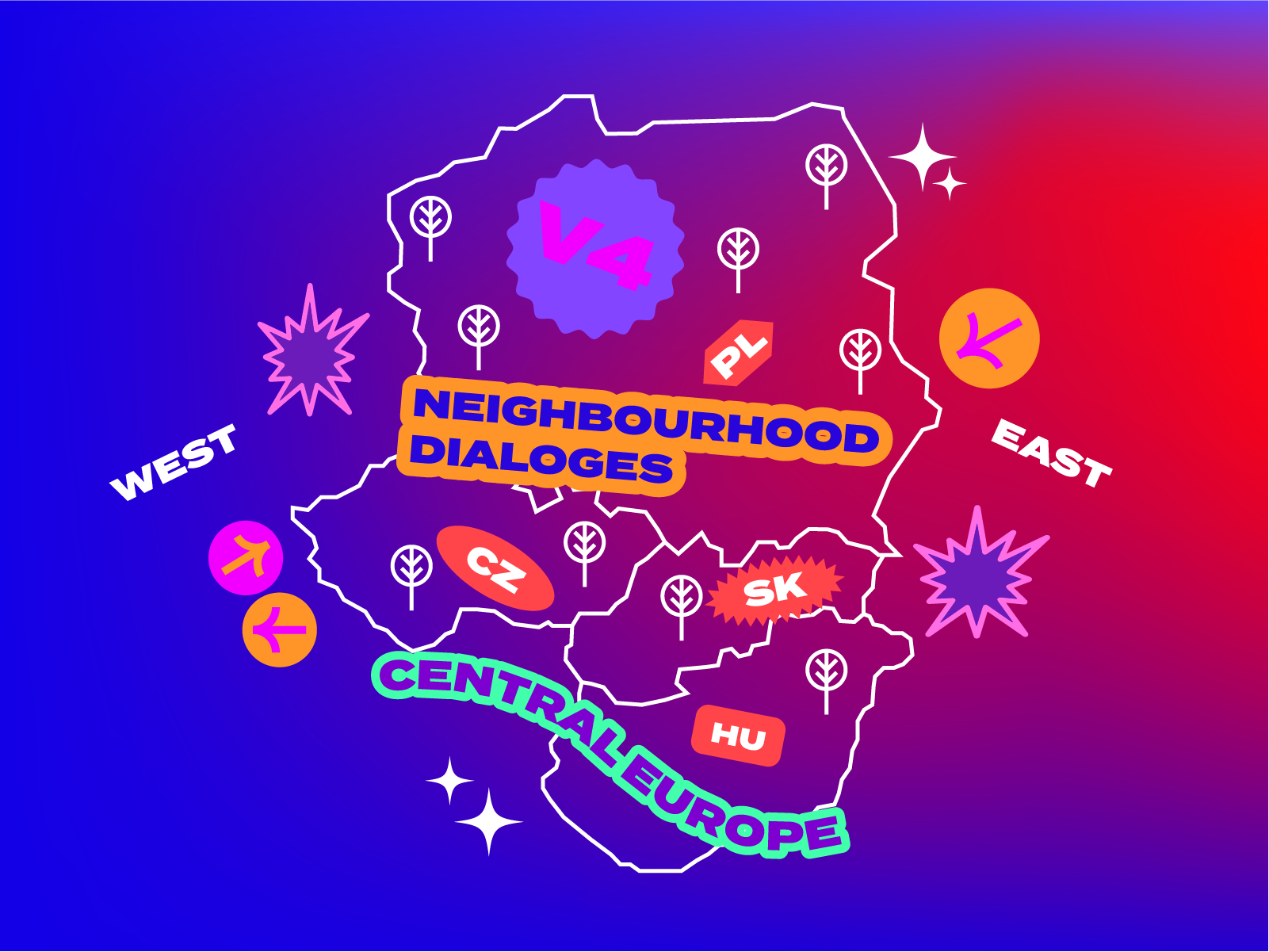The driving force of modern history is arguably the international relations between the great powers. It has never been as noticeable as in the bipolar world of the Cold War era. But who are the great powers in 2022, how do they relate to each other, and what is their stance on the Russo-Ukrainian war? Experts on Western and Eastern great powers discussed these questions in Budapest. Conference coverage from Hype&Hyper.
When the organizers started to decide on the Neighbourhood Dialogues conference’s topics, the Russian-Ukrainian conflict was not even on the table. It was before the 24th of February. The Russian invasion affected the conference, among millions of other things. Adding a roundtable discussion on the great powers’ interests regarding the war was inevitable. The first speaker was Balázs Mártonffy, Ph.D., Director of the Institute for American Studies, a Budapest-based educational and research institute affiliated with the University of Public Service. He presented the American viewpoint.
Mártonffy emphasized in the beginning that US foreign policy has always paid particular attention to Russia and China. He said that the main rival of the US has long been China, not Russia. The American goal, the expert said, is to destabilize and weaken Russia in this situation to the extent that it will not be able to start another similar brutal invasion. Thus, allowing Washington to focus its attention and resources more on China.
Viktor Eszterhai, Ph.D., senior researcher at the Institute for Foreign Affairs and Trade, agreed with Mártonffy, adding that many people in the Western world believed that history had come to an end, the US and liberal democracy had triumphed, and humanity had reached a quasi-evolutionary peak. The most famous representative of this philosophy way Francis Fukuyama. But this dream turned out to be false, especially after 2008, with the declining American hegemony and China’s increasing potential to be a competitor. On the other hand, Eszterhai pointed out that we do not live in a bipolar world now; China and Russia can only together pose a threat to the US-dominated status quo. The researcher thinks that the cooperation between China and Russia is fragile, but Russian military power and Chinese economic power can supplement each other, and if Russia loses the war, China also loses. Nonetheless, he stressed that the two great powers are not in love with each other; their alliance is based on the rationale of international politics. So, according to Eszterhai, China does not intend to join the war; they only support Russia from the outside.

György Kerekes steered the discussion towards Central and Eastern Europe by noting that the greatest threat to Anglo-Saxon dominance would be a Beijing-Moscow-Berlin axis. He stressed that the V4 countries would have mixed feelings towards such an alliance because they have different views on Russia, Germany, and the United States.
Eszterhai agreed with the previous statements and explained that the economic relations are becoming deeper between the European countries and the Eastern authoritarian states in recent years despite the former alliance morally condemning the latter. The researcher pointed out that within the Visegrád Group, Poland is the biggest supporter of British and American hegemony, which they see as a safety net for the country, while, for example, Hungary aims to maintain good trade relations with both Washington and Moscow.
China has recently announced an economic recovery program, which, according to Kerekes, will slow down the Asian country’s economic cooperation with Central and Eastern Europe for the next five years. Eszterhai believes that the sanctions against Russia will lead to even higher prices for certain products, generating high inflation, and if the current environment persists for long, it will bode ill for the Western world. He argues that the existing Western unity might be broken soon by more and more countries as they realize that they need Russia and China to tackle inflation.
According to Mártonffy, we have been living in a second, quasi-Cold War since 2014, where countries must choose between the two sides again. The Russian invasion of Ukraine catalyzed the existing tendencies, accelerating the countries’ ideological polarization. However, he added that the black and white mentality of choosing sides is completely incompatible with capitalism.
The three experts unanimously pointed out that although, from a European perspective, it seems that all countries call for Russian aggression to stop, many countries, representing half of the world’s population, have not chosen sides that clearly. Kerekes said India will soon overtake China as the most populous state, but they have taken a passive approach to the conflict, just like Brazil, the largest South American country with 210 million people.
In the last section of the discussion, the experts discussed to what extent the war would polarize the Eastern and the Western bloc. Kerekes highlighted the work of Abishur Prakash, who recently gave an interview for Hype&Hyper. Prakash was calling attention before the Russian invasion to the fact that the two Eastern great powers would be able to create parallel systems, as we already heard about the Chinese GDP service or Russia’s own internet. The current processes leading to increasing polarization are long-standing.
Eszterhai believes it is possible to win a cold war against China, but the extent of globalization would make it very difficult. He explains that since Donald Trump launched a trade war against Beijing, China has increased its exports to the US by 60 percent. So, the researcher is skeptical that China will ever be excluded from world trade due to the incomprehensible political and economic consequences. The world still believes in globalization, and if it does not change, there is hardly any chance of China’s isolation, Eszterhai concluded.
The discussion took place at the Mathias Corvinus Collegium in Budapest, within the framework of the Neighbourhood Dialogues conference on the present and future of the Visegrád Group.

How eMAG became a top e-commerce company

Outdoor furniture from banana leaves: meet CoTangens!










